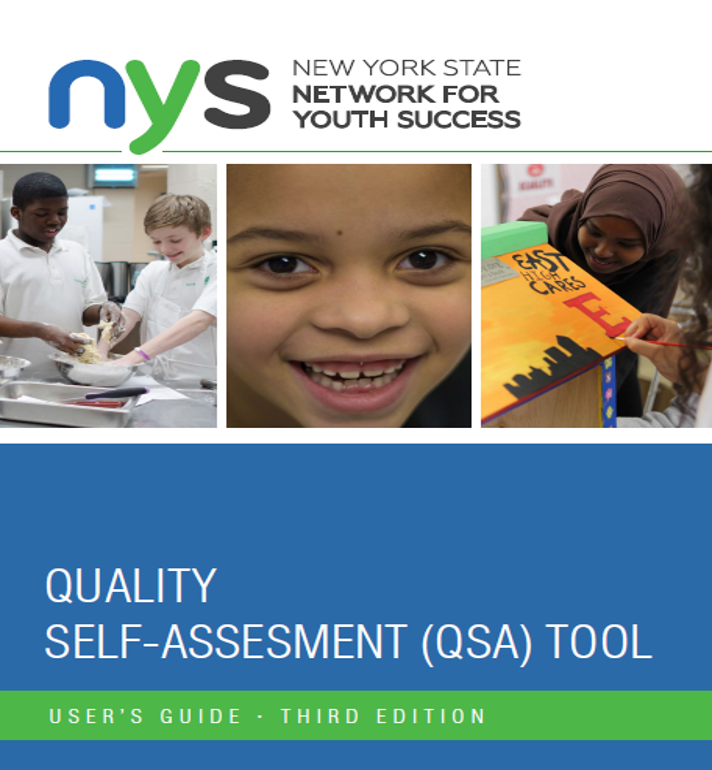Stakeholder Engagement Strategies
Youth
Engaging young people in this type of process helps teach leadership skills and encourages youth to become more invested in the program. It is not a secret that young people want to be listened to and valued for who they are, to give back to their communities, to be supported when they make mistakes, and recognized when they succeed.
- Host a community meeting to explain why it is important to get young people’s input in the self-assessment process.
- Administer a mini-survey to ask young people how they would like to contribute.
- Conduct youth focus groups or individual interviews. Make sure to ask plenty of open-ended questions about the program that will encourage youth to elaborate.
- Have a written reflection as an opening activity to accommodate young people who do not feel comfortable sharing out loud.
Staff
Having positive relationships among staff members is essential for having a productive self-assessment, but it takes a lot of work. What will help?
- Staff should have the chance to practice what they learn about quality.
- Staff should be able to voice their opinions without consequences.
- Staff should have opportunities to implement ideas that come out of the self-assessment process.
- Everyone should understand how his or her work supports the organization’s mission.
- Staff should feel comfortable holding their colleagues (including supervisors) accountable for following through on action steps.
Families
Strong partnerships with families are fostered and sustained through positive interactions with program staff. Engaging families as true partners in a self-assessment is not a one-time shot; rather, it happens over time. Meaningful connections with families occur when the following characteristics are embedded into your organization on a regular basis:
- A focus on building positive relationships.
- Collaboration as an attitude, not an activity.
- Opportunities for creating a common vision for youth learning and development.
- Shared information and resources.
- Meaningful and cooperative roles.
School Staff
School staff, including principals, administrators, and teachers, are often important partners in the self-assessment process. Whether your program is school-based or community-based, engaging school staff in your program will have a positive impact on your afterschool program. In order to engage school staff in your program, you might have a conversation with them about the benefits of partnership. The self-assessment process provides an opportunity for:
- Providing increased consistency for youth between the school day and the afterschool program.
- Joint planning around best use of shared resources such as classrooms and other facilities.
- Strengthening relationships among multiple community partners.
- Sharing information about academics, learning standards, social and emotional development, and other key aspects of youth development and education.
- Networking among educators and youth developers.
Considerations:
- Scheduling a meeting between school and program staff can be difficult. Try to map your program calendar onto your school district’s calendar to look for opportunities to meet.
- Principals are important partners, but often have full calendars. If you’ve invited a principal who cannot attend, consider inviting other administrators to come in their place.
- Don’t forget about all of the different school staff who may have a relevant interest or skill from which your program can benefit. This includes guidance counselors, health professionals, teaching artists, coaches, and parent coordinators.
Back to The Self-Assessment Process.



